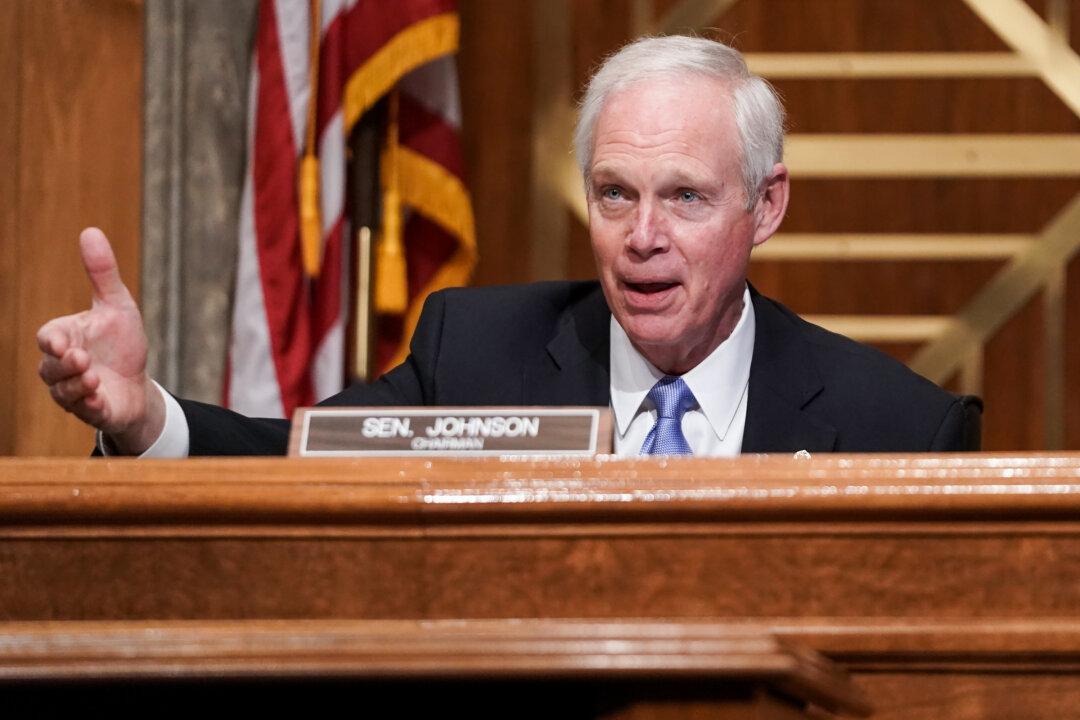Witnesses at a U.S. Senate hearing on election “irregularities” testified about a litany of alleged instances of election fraud occurring in certain states. Some also expressed concerns over last-minute changes to election laws and other issues they argued were unconstitutional.
Republican senators said they believe fraud did occur and that taking an honest look into the growing mountain of evidence is necessary for a democracy, noting that many Americans have similar concerns. A POLITICO/Morning Consult poll taken after the election found 70 percent of Republicans didn’t believe it was free and fair. However, trust in the election actually increased for Democrats.





